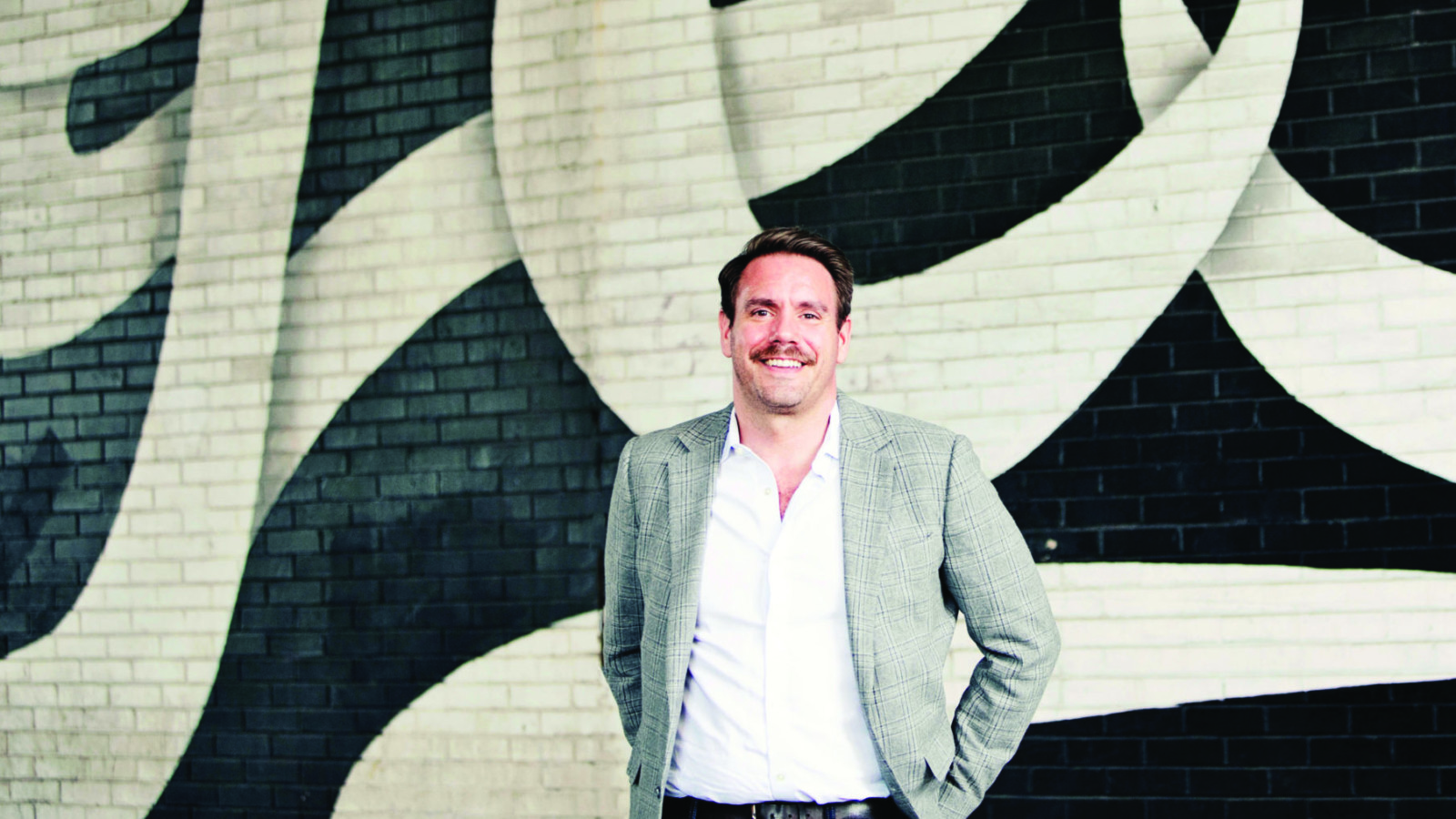This article is part of a series on the cannabis industry called “The Green Rush.”
Shaun Chapman ’98 arrived at Williston for his junior year, transferring from a Catholic school in the Berkshires, and took to his new environment, he says in all seriousness, “like a weed.” His comment might have been accompanied by a knowing chuckle from someone with a less serious connection to the cannabis industry. Until this fall, Chapman was Director of Government Relations for Weedmaps, the largest technology platform serving the cannabis market, a job that put him in the position of negotiating the multibillion-dollar industry’s future with state and federal legislators and regulators. Weed jokes, it’s clear, are not his thing.
And neither, for that matter, is weed. “I’m really not much of an active consumer myself,” says Chap
man, who went on to become Class President at Williston, active in theater, and a standout swimmer and water polo player. “Though having worked in the industry, I am much more likely now to reach for a low-dose edible than an Advil.”
What is his thing, however, is working to correct government policies and laws that no longer reflect society’s changing values. Prior to joining Weedmaps, he advocated for sustainable energy as the government relations head for Tesla’s Solar City division, and he continues advocating for change in his new job with Doma, a technology start-up working to simplify real estate transactions. At Weedmaps, founded in 2008 by two University of California, Irvine, grads, his focus was trying to reform the confusing patchwork of state and federal laws that outlaw cannabis in some states and celebrate it in others.
“Why is it that we don’t think twice about selling White Claw and tequila and beer at every corner shop, but we’re still incarcerating people—and disproportionately, so many Black and Brown people—for cannabis?” asks Chapman, who now lives in Brooklyn. “That just doesn’t sit with me.”
The confidence that one person could effect change in the world, he adds, was shaped at Williston, through courses such as We the People with Peter Gunn. “Williston gave a really strong foundational teaching to me,” he says. “It’s not about upending tradition and values. It’s about making sure that the world reflects the values that you hold, and when they don’t, and they become misaligned, don’t be afraid to challenge them.”
And in the cannabis space, the misalignments are many. For starters, cannabis’s classification as a controlled substance now prevents the kind of comprehensive federal research that could clarify its medical benefits. “Our best minds should be working on this,” argues Chapman, noting the plant’s long history of use for pain relief. “Could we have avoided the opiate crisis altogether? Why are we taking it off the table? We haven’t even tried to look there.”
Then there’s the issue of unequal access given the country’s contradictory laws. “I’m not saying that cannabis is for everyone, but if it is for someone, they should have the option to choose it, whether it’s for a headache or on a Friday night, after a hard week of work,” says Chapman. “I see it as offering an explosion of choice that can ultimately reduce harms society-wide.”
But, perhaps most important, Chapman contends that government cannabis policies should be a vehicle to create economic opportunities, particularly for communities harmed by the war on drugs. Like Sal Pace, he is concerned about the impact that large corporations could have as they move into the space, limiting these restorative efforts. “The very serious harms done to many communities need to be repaired,” he says. “Cannabis can’t fix all of it, but it’s certainly a great tool to move that forward.”

